Israel targets Iranian military leaders, nuclear sites in wave of strikes: IDF
The US said Israel acted “unilaterally,” though President Donald Trump warned of more “brutal” Israeli attacks to come.


A view of a damaged building in the Iranian capital, Tehran, following an Israeli attack, on June 13, 2025. (Photo by Fatemeh Bahrami/Anadolu via Getty Images)
JERUSALEM — Israel launched several waves of airstrikes on Iran in the early hours Friday, targeting key Iranian military commanders and officials, as well as nuclear sites, the Israeli military said.
The initial wave of what the Israeli government dubbed Operation Rising Lion involved over 200 aircraft and around 330 munitions to strike more than 100 targets, according to the Israel Defense Forces. But strikes continued later Friday, and US President Donald Trump said online that more “brutal” attacks were to come.
Israel’s Prime Minister said that “the purpose of this unprecedented attack is to hit Iran’s nuclear facilities and its military capabilities until we remove the threat to us.” At the same time, US Secretary of State Marco Rubio distanced the US from the strikes, saying Israel acted on its own.
FULL COVERAGE:
- Will Israel’s new war with Iran spill over into the region?
- Houthis have previously used modified Scud missiles to strike Israel: Exclusive analysis
- Iran’s air defenses around Natanz nuclear site more ‘brittle’ than expected: Exclusive analysis
In the initial wave of strikes, the IDF said it eliminated the Chief of Staff of the Iranian Armed Forces Mohammad Hossein Bagheri as well as the head of the Islamic Revolutionary Guard Corps, Hossein Salami. In addition, the head of the IRGC’s Air Force Amir Ali Hajizadeh was killed, the IDF said. Israel also believes other key commanders of the IRGC were killed.
Iran’s IRGC is as important as Iran’s regular armed forces, and the IRGC possesses many of the key missile and drone capabilities that Tehran has developed over the last decades. Iran had moved to replace the fallen commanders by the afternoon.
The IDF also targeted nuclear sites, including several strikes against the Natanz nuclear enrichment facility.
Iran sought to respond by launching drones targeting Israel, but as of this report the drones had not reached Israel and may have been intercepted en route.
The strikes came a day after reports that the US was preparing to evacuate State Department personnel from Iraq and other countries in the region as tensions with Iran grew.
“Tonight, Israel took unilateral action against Iran. We are not involved in strikes against Iran and our top priority is protecting American forces in the region,” US Secretary of State Marco Rubio said in a statement late Thursday local time.
Israel’s Chief of Staff Lt. Gen. Eyal Zamir said Israel had been preparing for the operation for a long time.
“We have begun this operation because the time has come, we are at the point of no return. We cannot afford to wait for another time to operate, we have no other choice,” he said. “Recent and past events of history have taught us that when the enemy is attempting to destroy us, we must not turn a blind eye. We need to fight for our existence, freedom was given to those willing to fight for it.”
The Israel Defense Forces accused the Iranian regime of “waging a direct and indirect campaign of terror against the State of Israel, by funding and directing terrorist activities via its proxies across the Middle East, while advancing toward obtaining a nuclear weapon.”
The Israeli strikes also came two days before the US and Iran were scheduled to meet in Oman for the sixth round of indirect talks regarding a possible nuclear deal. They come a day after Iran was censured by the IAEA.
Iran condemned the IAEA resolution and had said that it was ready for a possible war. It also warned of retaliation. “We are ready for every scenario and have a military strategy,” Salami, the IRGC commander, said on Thursday, hours before he was reportedly killed.
Sirens In Israel
In Israel today Israelis were awakened by nationwide sirens just after three in the morning. Israel’s Home Front Command also sent out alerts to phones telling people to remain close to bomb shelters. Most Israeli homes and residential buildings have shelters.
Following the alerts Israeli Defense Minister Israel Katz said that Israel had carried out a preemptive strike on Iran.
“A missile and drone attack against the State of Israel and its civilian population is expected in the immediate future,” he said. He declared a state of emergency and instructed the country’s civilians to obey commands of the IDF’s Home Front Command.
Israel has faced off against Iranian-backed proxies and partners throughout the 20 months of war that began with the Hamas attack on Israel on Oct. 7, 2023. Hezbollah, a key ally of Iran, began its attacks on Israel on Oct. 8 and the Houthis in Yemen also began attacks on Israel and on ships in the Red Sea in October and November 2023. Iranian-backed militias in Iraq also carried out drone attacks on Israel throughout 2024.
Israel and Iran traded direct blows twice in 2024 as well, with Iran using hundreds of ballistic missiles and drones to attack Israel on April 13 and Oct. 1. Iran called the attacks Operation True Promise 1 and 2. The attacks targeted Israeli military airfields and other sights. Most of Iran’s projectiles were intercepted by Israeli air defenses systems, with support from the US and several other countries. Israel retaliated in both instances, striking air defenses in Iran.
During the 2024 airstrikes Israeli aircraft reportedly used air-launched ballistic missiles. Israel has carried out a number of long range strikes on the Houthis in Yemen in 2024 and 2025. Those strikes have been seen as replicating the kind of scenarios involved in long range operations against Iran.
In the attacks on the Houthis the IDF used F-35s, F-15s, and F-16s. It used refuelers to support the planes as well as special mission command and control aircraft. Israel has been expanding its air force over the last several years, although most of its new acquisitions were not ready for the Iran strike.
Israel has signed deals to acquire a new squadron of F-15s in 2024 and a third squadron of F-35s. Israel also agreed in 2022 to buy four new KC-46 Pegasus refuelers.




































































































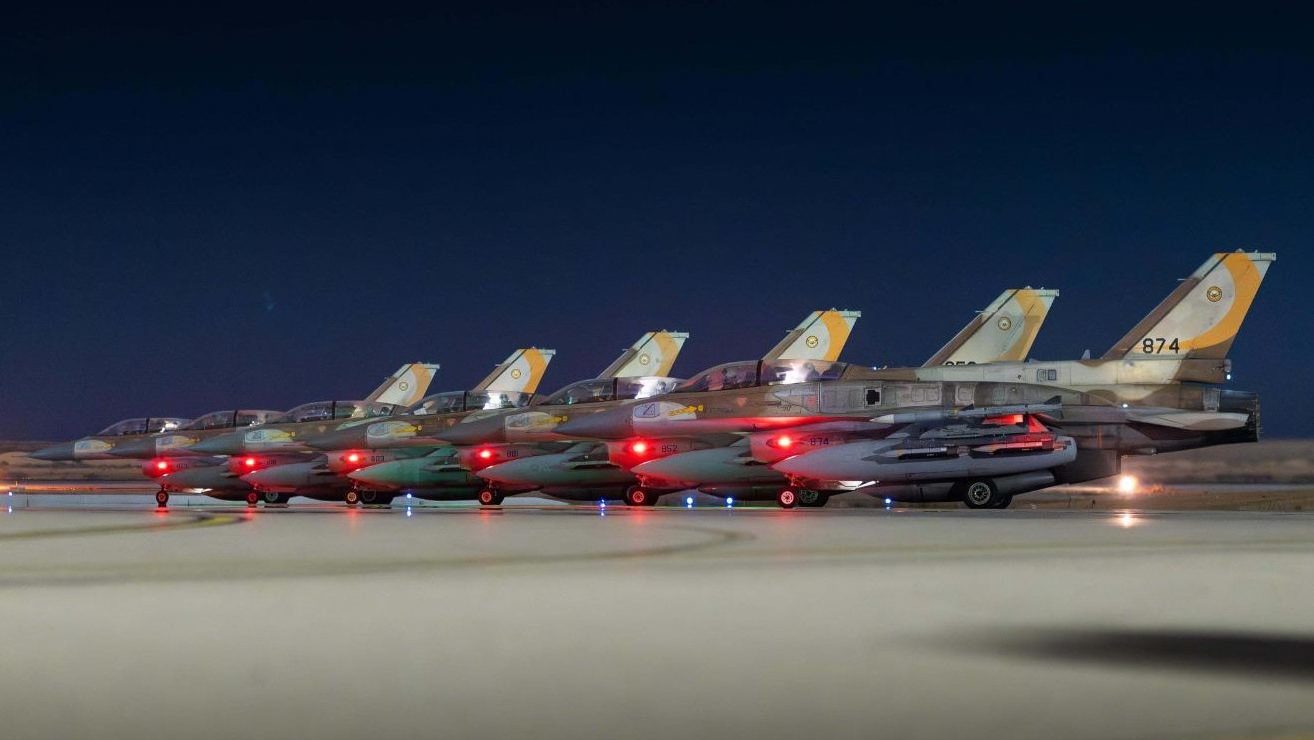
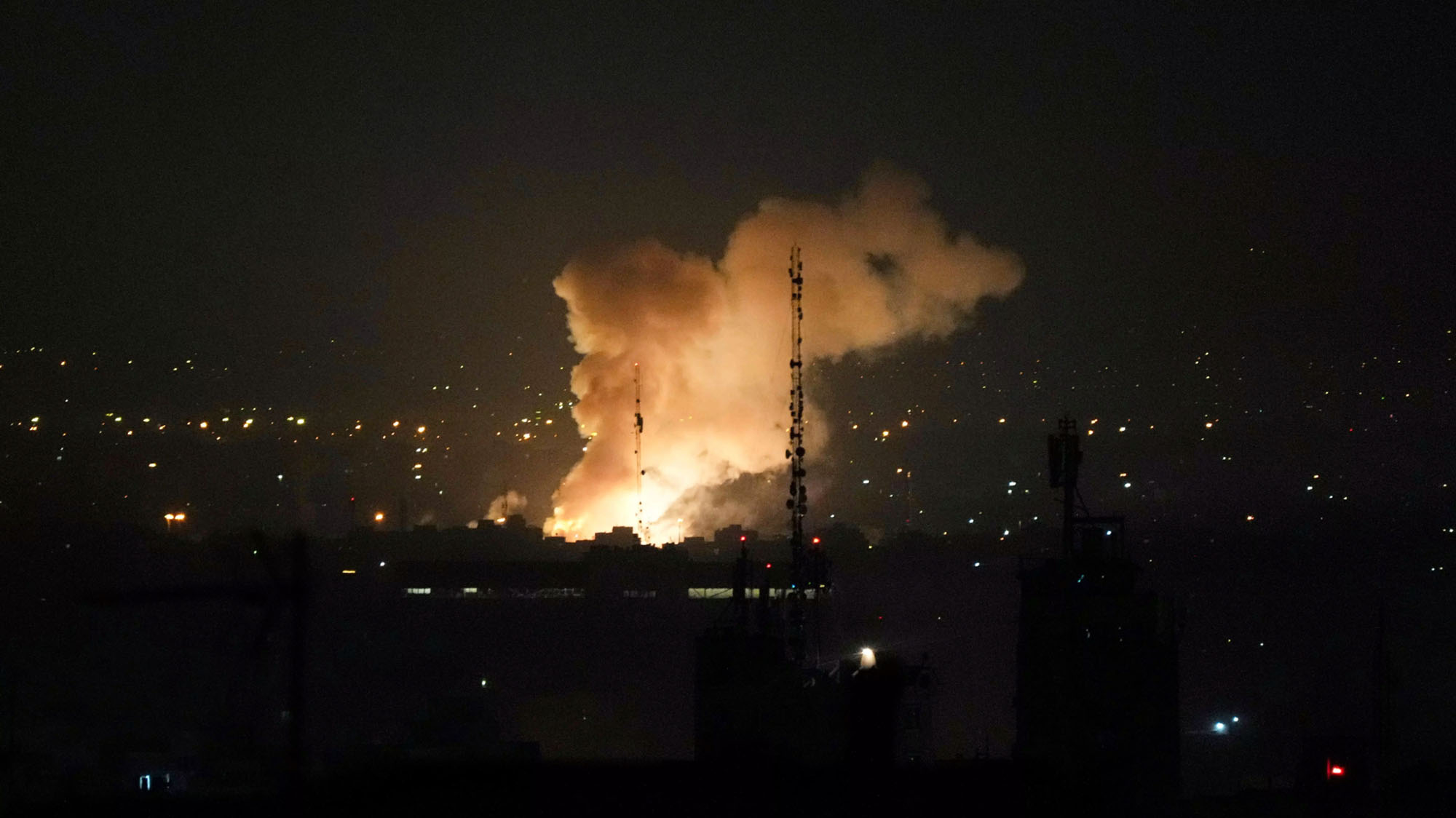
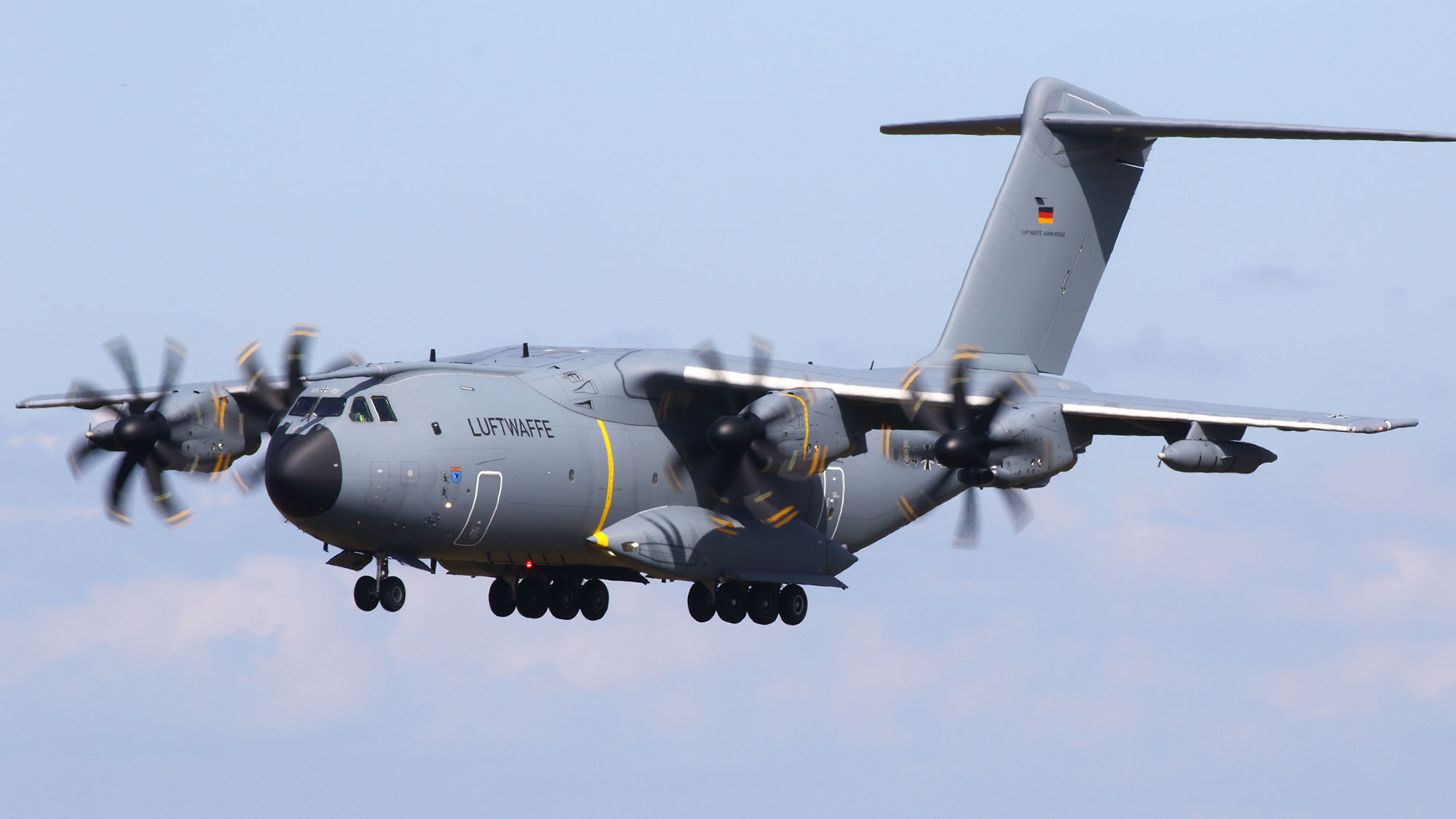





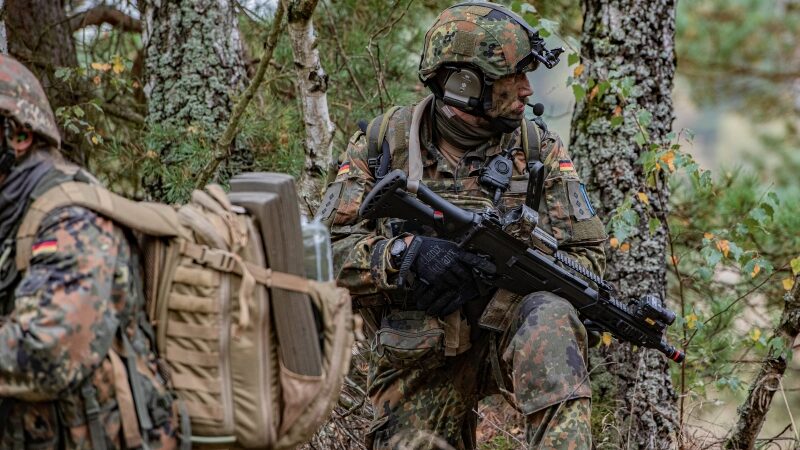





























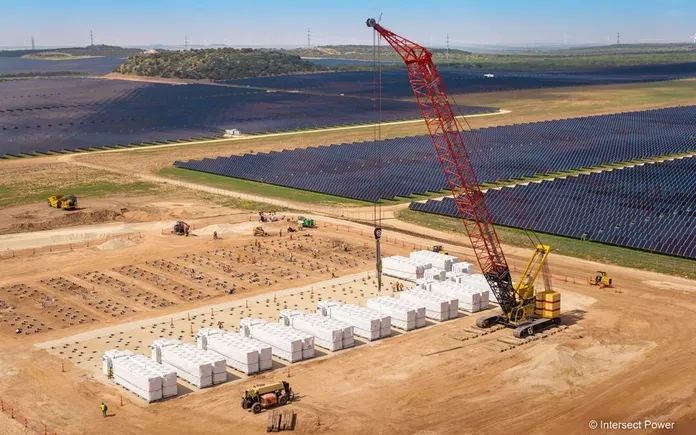
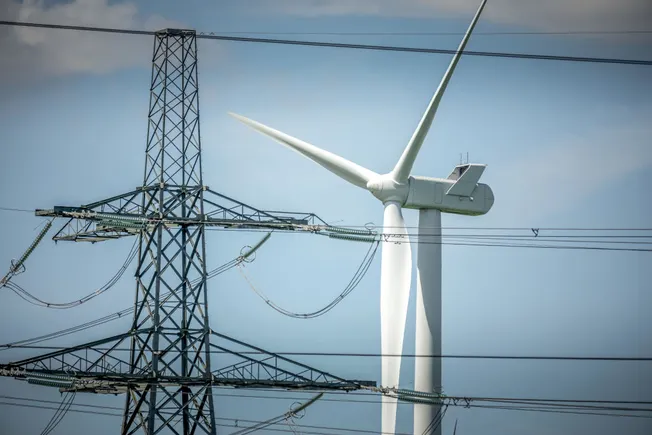


![[Video] The Weekly Break Out Ep. 19: Army aviation’s shakeup and the F-35’s future](https://breakingdefense.com/wp-content/uploads/sites/3/2025/05/EP-19-THUMB-play-button.jpg?#)



